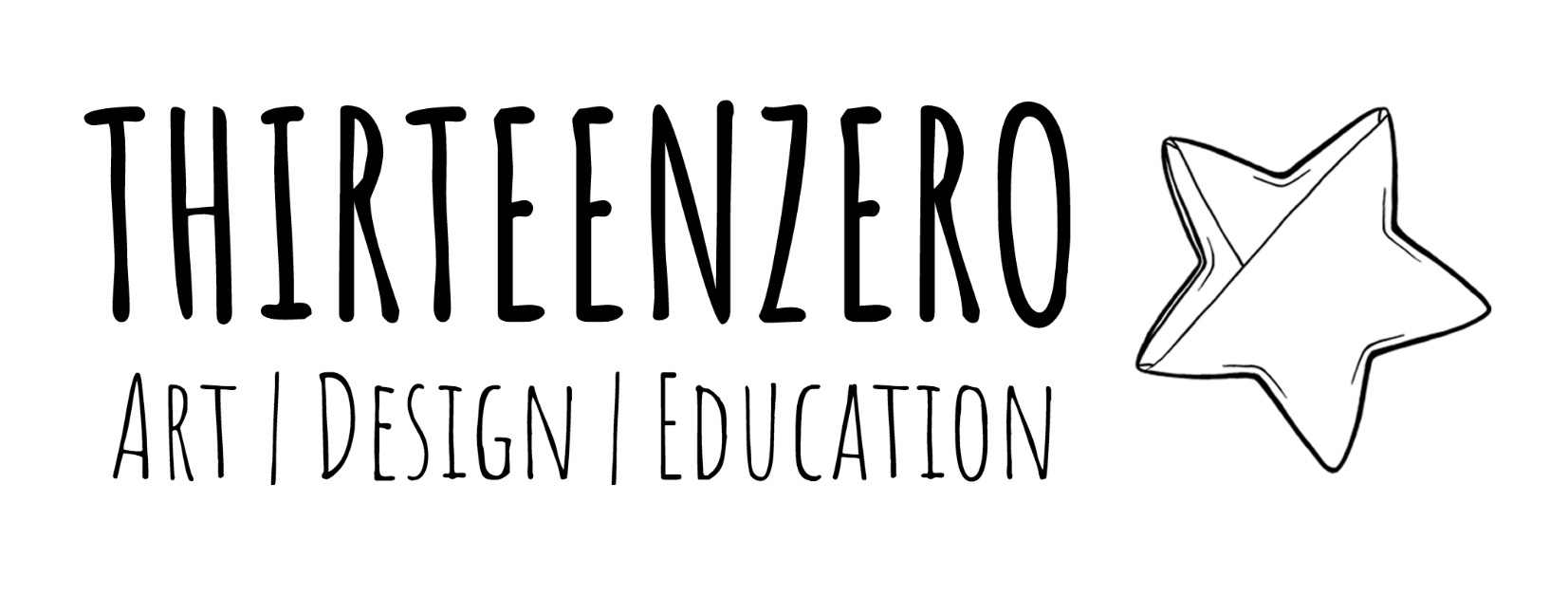
Interviews
“Occidental Paradise: Bo Luengsuraswat on Intercepting Misrepresentation” by Dorothy June Fraser, Plenitude Magazine, February 18, 2013
“Occidental Paradise (2006) delves into the experiences of misrecognition… Being identified as a ʻThai woman’ had caused me to feel alienated from my body on many levels. As a person of Chinese descent, I had already been an outsider to Thai culture to a certain degree, and it was quite painful to be repeatedly asked to speak on behalf of, or represent, a nation/culture I did not feel I belonged. Moreover, being socialized as female and labeled as ʻwoman’ had been a source of my discomfort, and to be objectified by Orientalist desire because of that misrecognition was an added insult to the injury.”
“Visual Media: Bo Luengsuraswat,” cover art competition runner-up interview by Kristen Sun, nineteen sixty nine: an ethnic studies journal 1, no. 1 (2012): 14-20
“With Drift No.2, the nebular movement and texture of the piece give a sense of something moving and growing in unknown directions. It is important as well to note that certain parts of the painting were attuned to the gravity, and that these geographical shifts, drifts, and drips were affected by the natural conditions outside the painting. I believe that it is these articulations of future that transcend the consciousness of the present, yet grounded in lived material conditions, that ethnic studies and other disciplines of knowledge production must absolutely encompass.”
Mentions
“Rod Ferguson & Grace Hong: A Conversation on Strange Affinities and the Arts” by Grace Hong and Rod Ferguson, Contemporary, May 7, 2017.
“Grace Hong: This brings to mind…the piece that hangs in my office that a former student of mine gave me… There’s something about it that feels kind of like nature. But when you look at it closely…there are certain things about the ways in which it’s drawn, where you…realize the patterns aren’t exactly as they would be in nature… The thing that I love is that this piece is called ʻEvidence.’ … So it’s critiquing nature as fact or evidence about, say, for example, gender… It’s this very beautiful, haunting piece for that reason. But I think that’s exactly an example of how art might help us interrogate things like nature, evidence, fact.”
Recorded Talks
Love in the Time of War Artivist Panel, panelist, Love in the Time of War Exhibition, San Francisco Camerawork, 2016
Drawing Vulnerability, Crafting Resistance Artist Dialogue, organizer and moderator, Illustrated Justice/Graphing Freedom Exhibition, Omi Gallery at Impact Hub Oakland, 2017





